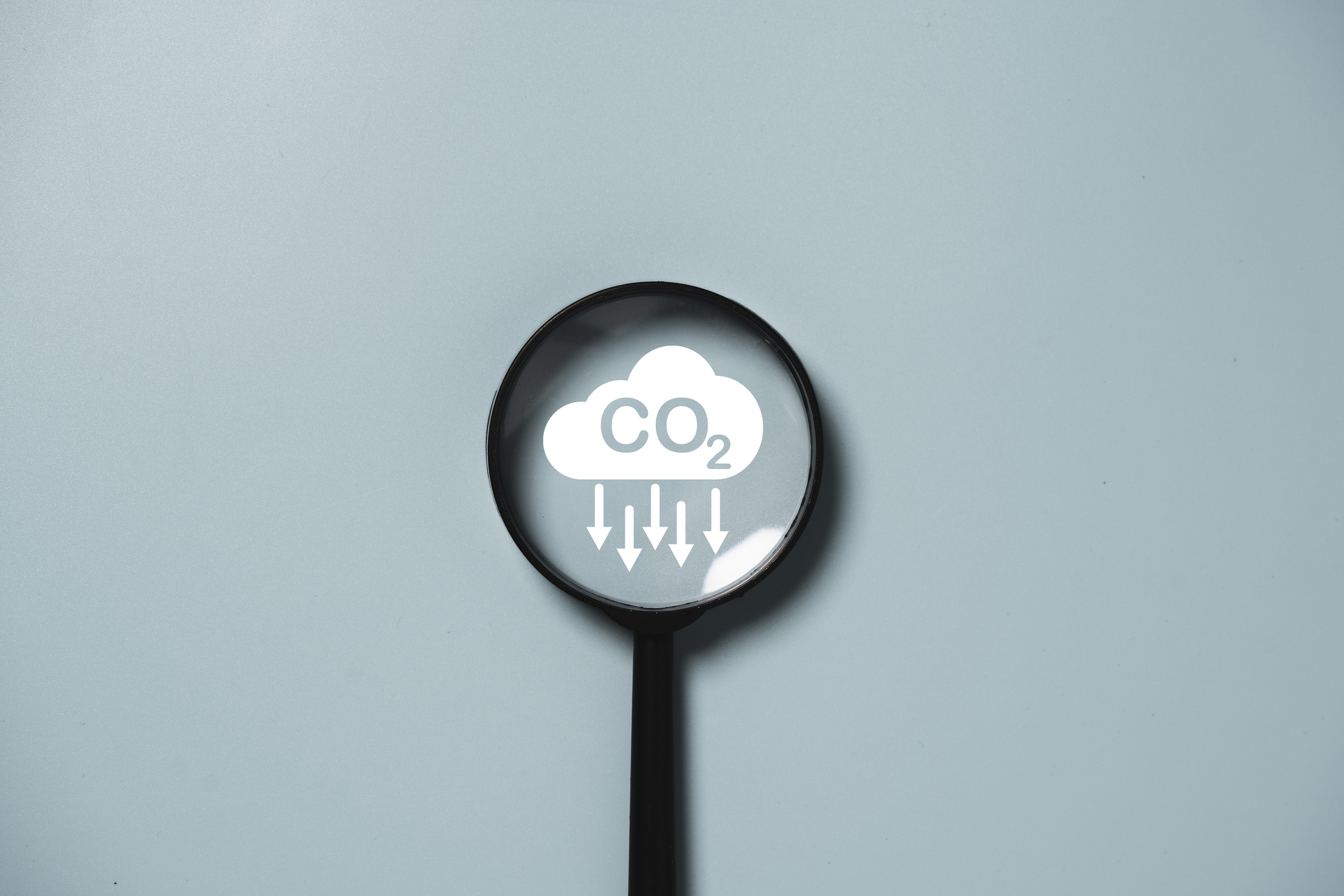Researchers working on the EverLoNG ship-based carbon capture (SBCC) prototype have achieved capture rates of at least up to 85% during initial testing.
The prototype was developed by Dutch firm Carbotreat and installed last year onboard the 82,000 dwt LNG-powered tanker Seapeak Arwa, chartered by TotalEnergies.
This campaign was the first deployment of a full-chain onboard system comprising capture, liquefaction, and storage facilities. The first test, which ended this month, logged in over 1,000 hours during which the prototype captured up to 250kg of CO2 per day.
The people running the project showed that capture rates of up to 85% are achievable and that, with further system optimisation, even higher rates could be possible. During the test, the EverLoNG researchers also studied the effects of motion on CO2 capture rates and exhaust gas impurities on capture solvent performance.
Following this trial, the unit will be removed and installed on board the Heerema Marine Contractors’ massive LNG-powered SSCV Sleipnir, where a second campaign lasting 500 hours will take place. During the Sleipnir campaign, the full CCUS chain will be in operation. The captured CO2 will be stored on board as a liquid in a container. The container will then be offloaded, and the CO2 transported to an industrial site for utilisation or stored permanently in the geological subsurface.
The EverLoNG project was designed to demonstrate capture technology on LNG-fueled ships and to optimize the integration of shipboard carbon capture. It was launched in October 2021 and is scheduled to run till March 2025.
“The initial results from the capture unit are very promising and we know that there is more to come. Both this and the second campaign will be important milestones in getting closer to making SBCC a commercial reality. The need to decarbonise the maritime sector is most pressing and there quite simply is no time to waste,” said EverLoNG project coordinator Marco Linders.
Copyright : https://splash247.com/onboard-carbon-capture-system-prototype-hits-85-capture-rates/
[/fusion_text][/fusion_builder_column][/fusion_builder_row][/fusion_builder_container]Researchers working on the EverLoNG ship-based carbon capture (SBCC) prototype have achieved capture rates of at least up to 85% during initial testing.
The prototype was developed by Dutch firm Carbotreat and installed last year onboard the 82,000 dwt LNG-powered tanker Seapeak Arwa, chartered by TotalEnergies.
This campaign was the first deployment of a full-chain onboard system comprising capture, liquefaction, and storage facilities. The first test, which ended this month, logged in over 1,000 hours during which the prototype captured up to 250kg of CO2 per day.
The people running the project showed that capture rates of up to 85% are achievable and that, with further system optimisation, even higher rates could be possible. During the test, the EverLoNG researchers also studied the effects of motion on CO2 capture rates and exhaust gas impurities on capture solvent performance.
Following this trial, the unit will be removed and installed on board the Heerema Marine Contractors’ massive LNG-powered SSCV Sleipnir, where a second campaign lasting 500 hours will take place. During the Sleipnir campaign, the full CCUS chain will be in operation. The captured CO2 will be stored on board as a liquid in a container. The container will then be offloaded, and the CO2 transported to an industrial site for utilisation or stored permanently in the geological subsurface.
The EverLoNG project was designed to demonstrate capture technology on LNG-fueled ships and to optimize the integration of shipboard carbon capture. It was launched in October 2021 and is scheduled to run till March 2025.
“The initial results from the capture unit are very promising and we know that there is more to come. Both this and the second campaign will be important milestones in getting closer to making SBCC a commercial reality. The need to decarbonise the maritime sector is most pressing and there quite simply is no time to waste,” said EverLoNG project coordinator Marco Linders.
Copyright : https://splash247.com/onboard-carbon-capture-system-prototype-hits-85-capture-rates/
[/fusion_text][/fusion_builder_column][/fusion_builder_row][/fusion_builder_container]Researchers working on the EverLoNG ship-based carbon capture (SBCC) prototype have achieved capture rates of at least up to 85% during initial testing.
The prototype was developed by Dutch firm Carbotreat and installed last year onboard the 82,000 dwt LNG-powered tanker Seapeak Arwa, chartered by TotalEnergies.
This campaign was the first deployment of a full-chain onboard system comprising capture, liquefaction, and storage facilities. The first test, which ended this month, logged in over 1,000 hours during which the prototype captured up to 250kg of CO2 per day.
The people running the project showed that capture rates of up to 85% are achievable and that, with further system optimisation, even higher rates could be possible. During the test, the EverLoNG researchers also studied the effects of motion on CO2 capture rates and exhaust gas impurities on capture solvent performance.
Following this trial, the unit will be removed and installed on board the Heerema Marine Contractors’ massive LNG-powered SSCV Sleipnir, where a second campaign lasting 500 hours will take place. During the Sleipnir campaign, the full CCUS chain will be in operation. The captured CO2 will be stored on board as a liquid in a container. The container will then be offloaded, and the CO2 transported to an industrial site for utilisation or stored permanently in the geological subsurface.
The EverLoNG project was designed to demonstrate capture technology on LNG-fueled ships and to optimize the integration of shipboard carbon capture. It was launched in October 2021 and is scheduled to run till March 2025.
“The initial results from the capture unit are very promising and we know that there is more to come. Both this and the second campaign will be important milestones in getting closer to making SBCC a commercial reality. The need to decarbonise the maritime sector is most pressing and there quite simply is no time to waste,” said EverLoNG project coordinator Marco Linders.
Copyright : https://splash247.com/onboard-carbon-capture-system-prototype-hits-85-capture-rates/


